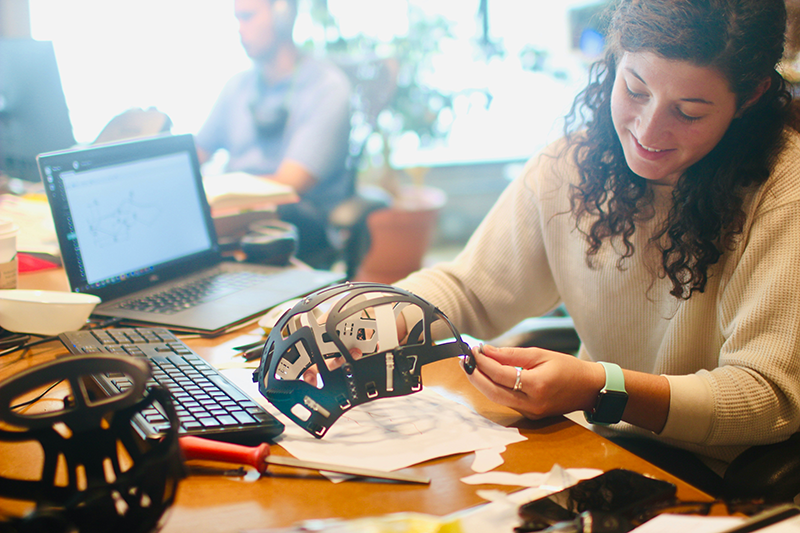
Munkakörülmények és fenntartható munka
A munkakörülmények és a fenntartható munka az Eurofound 2021–2024 közötti időszakra szóló munkaprogramjában szereplő hat fő tevékenységi terület egyike. Az Eurofound szakértői központként a továbbiakban is figyelemmel kíséri és elemzi a terület fejleményeit, köztük azt, hogy a Covid19-válság hogyan hat a munkakörülményekre és a munkahelyek minőségére, illetve a munkahelyi gyakorlatokra.
Az Eurofound 2021–2024 között érdemben fog foglalkozni az európai unióbeli munkakörülményekkel és fenntartható munkával kapcsolatos kihívásokkal és kilátásokkal. A területen hosszú évek alatt megszerzett szakértelmére támaszkodva az Eurofound tanulmányozni fogja a tendenciákat és az elért eredményeket, és azonosítja a munkakörülményekkel és a munkahelyek minőségével kapcsolatban újonnan megjelenő problémákat. Az elemzés különböző országok, ágazatok, foglalkozások és munkavállalói csoportok esetében foglalkozik olyan kérdésekkel, mint például a munkaszervezés és atávmunka, a munkaidő, a munka és a magánélet közötti egyensúly, az egyenlő bánásmód, a munkahelyi egészség és jóllét, a készségek és képzés, a kereset és kilátások, valamint a munkával való elégedettség. Külön figyelmet kapnak az atipikus foglalkoztatási formák, különös tekintettel az önfoglalkoztatásra.
Tekintettel az uniós népesség elöregedéséből eredő demográfiai problémára és a munkával töltött életszakasz növekvő diverzitására, az Eurofound folytatja azon tényezők feltérképezését, amelyek lehetővé teszik, hogy a munkavállalók nagyobb számban és tovább maradjanak a munkaerőpiacon. A munkahely minőségének javításával is kiemelten fog foglalkozni, mivel ez teszi lehetővé a nagyobb arányú munkaerőpiaci részvételt, egyben növeli az alkalmazott motivációját, ami hozzájárul az élet folyamán fenntartható munkához .
A munka és az egészség közötti összefüggések vizsgálatára az Európai Munkahelyi Biztonsági és Egészségvédelmi Ügynökséggel (EU-OSHA) folytatott alapos konzultáció keretében fog sor kerülni. Az Eurofound arra törekszik, hogy a munka jövőjével és a munkakörülményekkel kapcsolatos globális szintű kérdések ügyében építkezzen a Nemzetközi Munkaügyi Szervezettel (ILO) való együttműködésére.
- Infografika: Munkakörülmények és fenntartható munka az EU-ban
„Ez összességében jó hír, mert az Európai Unióban, ha nagyon lassan is, de javulnak a munkakörülmények, ugyanakkor aggasztó, hogy ez nem feltétlenül igaz a munkavállalók minden csoportja esetében. Nagyon sok függ attól, hogy ki melyik ágazatban dolgozik, milyen iskolai végzettséggel rendelkezik, és őszintén szólva attól is, hogy férfiról vagy nőről van-e szó.”
Barbara Gerstenberger, a munkával töltött életszakasszal foglalkozó egység vezetője




















